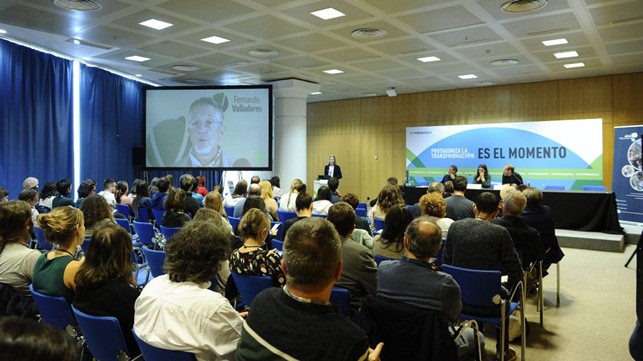In November Lithuanian innovation centre held two stakeholder meetings (on 18 and 20 November) in order to discuss the challenges and opportunities related to the development of circular solutions for public needs.
It is most commonly assumed that public procurement is related to economic activities in the public sector and business is not actively engaged in it. However, private entities hold equally important role as they are the main providers of goods, services, and works. This role is especially important when it comes to circular procurement because the principles of circularity are implemented via provided services or goods. Therefore, the dialogue between the procurers and the suppliers is crucial in order to find out relevant obstacles why circular procurement is still a rare subject in Lithuania.
During the discussion with the private sector, it was found out that one of the ways to provide circular solutions is to carry out innovative public procurements that stipulate the use of energy and material-efficient technologies, new multifunctional design and flexible construction, together with other green innovations. Over recent years, the creation of innovation in Lithuania has been stipulated in different kinds of ways, including changes in legislation and establishment of financial measures to support it. Private sector representatives are aware of these improvements, but it is still not enough to make a visible advancement towards the implementation of circularity principles in procurement cases.
One of the reasons why circular and innovative procurement in Lithuania is not yet attracting the attention of the business is the overall procurement system, which is considered as too bureaucratic. There are no procedural facilitation for green or innovative procurement.
On the other hand, business representatives agreed that market consultations could be a useful tool for strengthening cooperation among the public and private sectors. There is a visible interest from business to create and learn about innovative solutions which fulfill circular economy principles, but it needs further support from national and local authorities.














